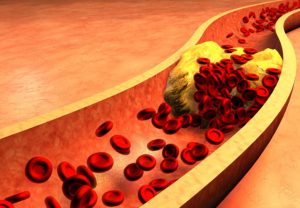The National Bank of Romania (BNR) has identified a new systemic risk, that of delays on reforms and the absorption of European funds, especially through the National Recovery and Resilience Plan (NRRP), according to the Financial Stability Report published by the bank central.
"Similar to the previous report, only one severe systemic risk was identified, with prospects for maintenance: tensions in internal macroeconomic balances, including as a result of the COVID-19 pandemic and the energy crisis. A new systemic risk is that of delays in reforms and the absorption of European funds, in particular through the National Recovery and Resilience Plan (PNRR). This is a high and rising risk. Two other high-level risks, likely to be maintained, are the risk of global uncertainty in the context of the energy crisis and the COVID-19 pandemic and the credit risk of the non-governmental sector," the report said.
According to the BNR, the domestic macroeconomic context remains difficult. The extension of the medical crisis and the energy crisis keep the risk of tensions in macroeconomic balances at a severe level. The real annual GDP growth rate observed in the second quarter (13.9 pct) is the result of the continuation of the economic recovery process amid the improved medical situation, but also of a substantial basic effect associated with the strong contraction in the second quarter of 2020 with the onset of the COVID-19 pandemic. Developments are in line with those at the regional level.
The main risks for economic growth are represented by the vaccination campaign rollout (the vaccination rate in Romania is currently among the lowest in the EU), the way of continuing economic reforms (including in terms of improving the absorption capacity of European funds), as well as the accentuation of the macroeconomic balances tension against the background of the energy crisis.
The report shows that the positive developments in the economy and the medical situation in the first part of the year have reduced the pressures on the public budget. The budget deficit has been adjusted to 3.8 pct of GDP in the first nine months of the year (compared to 6.4 pct in the same period last year), after increasing to 9.7 pct of GDP at the end of 2020.
































Comentează